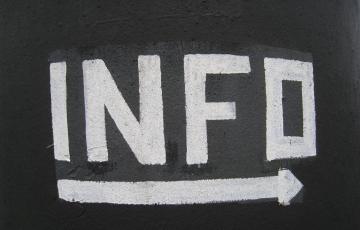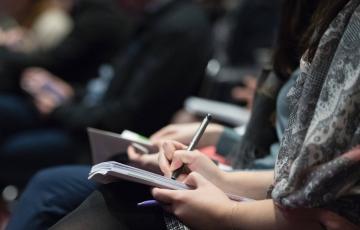Who can be a guardian?
As a rule, the parents of the child are considered to be the guardians. However, in many situations, this rule does not apply. According to the Statute of the Pupil, anyone who has minors residing with them or entrusted to their care is considered a guardian:
● By the exercise of parental responsibilities;
● By judicial decision;
● By exercising executive functions in the management of institutions that have minors under their responsibility;
● By mere de facto authority or by delegation, duly proven, by any of the entities referred to above.
And in case of divorce or separation?
In these cases there are two possibilities. The parents can agree on who will take on this responsibility. Or, if there is no consensus, the guardian will be the one with whom the minor will reside.
If the parental agreement defines the regime of alternating residence, the parents must decide who will be the minor's guardian. If there is no agreement, there must be a judicial decision.
What are the responsibilities of the guardian?
Parents or guardians have the responsibility to direct the education of their children. According to the student statute, which they should know, it is the parents' obligation to:
● Monitor their children's school life;
● Ensure that their children's rights and duties are fulfilled;
● Respect the teachers' authority;
● Contribute to the correct establishment of the facts in disciplinary procedures;
● Appear at school whenever they are called;
To know all the responsibilities of the guardian, read article 43 of the Student Statute.
What happens if the guardian does not fulfil his/her duties?
The guardian will be held responsible for not fulfilling their duties. The student statute regards as especially blameworthy parents who fail to fulfil their duties to:
● Enroll and promote the attendance rate and punctuality of their children;
● Attend school whenever they are called, particularly when their children reach half of the unjustified absence limit;
● Ensure that their children comply with recovery measures, and school and community integration activities arising from corrective disciplinary measures.
If they consistently fail to fulfil these duties, the school must report the case to the commission for the protection of children and young people or the Public Prosecutor's Office. These entities analyse the case and may determine that the parents attend parental training classes.
If the family receives social and family support from the State, the relevant services will also be alerted to make an evaluation.
Did you know that non-compliance can lead to a fine?
Parents or guardians who consecutively fail to fulfil their duties, do not show up at school when called or do not participate in parental training actions incur a misdemeanour. According to article 45 of the Pupil Statute, this fine is equal to the maximum value established for the B level of the school year or cycle attended by the pupil for the purchase of textbooks.
What rights do parents have?
The Pupil Statute only states the responsibilities of the parents. As for rights, although these are not officially legislated for, they can be found in the rules and regulations of the school your child attends.



